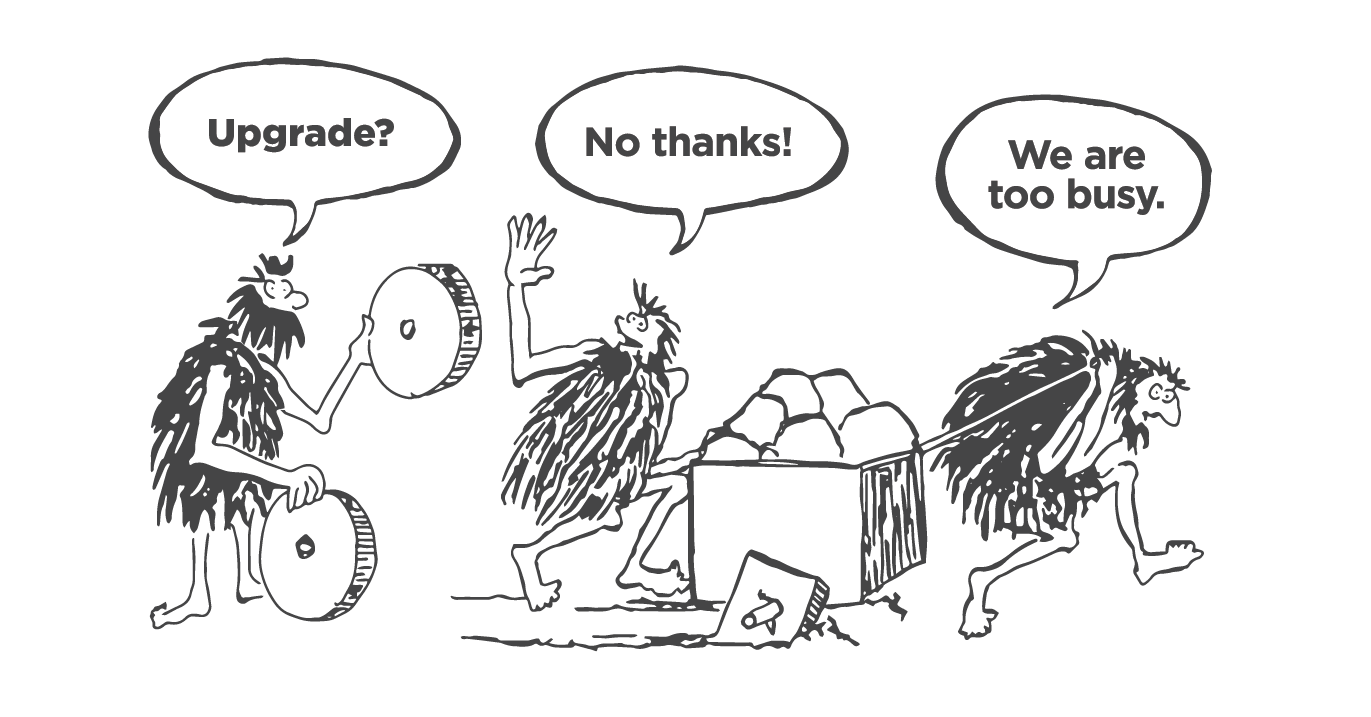
Contracts are a necessary part of any construction project. The nightmare happens when disputes arise. If you have already been there, you know How to Manage Construction Contract Disputes. If you have been lucky enough to avoid this, then our best advice is to learn from somebody who has been there.
In a recent interview with busybusy’s founder, Isaac Barlow, he shared personal experiences with contract disputes and five things he learned about coming out on top.
1. Have a mentor to guide you through the tough times
Isaac has owned and operated several construction companies. Early in his career, he got caught up in a nasty contract dispute where the other party stopped paying his draws. Most people are not trying to screw you over, but this one was. He knew that the contract only required him to pay in full if all the work was done. Without that money, Isaac’s crew could not continue working.
The saving grace for Isaac and his crew came in the form of an experienced mentor who had been in that situation before. He was able to help Isaac navigate this tricky situation, ultimately completing the job and receiving what they were owed.
This dispute could have meant going out of business without a mentor like this. So our advice to any contractor out there is to find a mentor who has the experience and can help you navigate those tricky contract situations.
2. Pay attention to the details… that’s where the devil is.
They say that the devil is in the details. Well, the details are in the terms of a contract. Isaac emphasized the importance of combing through any contract before agreeing to any work.
Generally speaking, contracts are more favorable to the owner and the contractor than to subcontractors. Whatever position you find yourself in, err on the side of caution. If any of the terms are unclear or unfavorable, work them out before making an agreement.
With subcontractors in such high demand, now is an excellent time to leverage that position and ensure the contract is favorable. A good contract should be beneficial to everyone involved… always make sure it is.
3. Be tactful by using third-parties
Understanding all the fine print is no easy task, and calling somebody out on unfair contract terms can quickly make things awkward. Isaac advised that this can be tactfully done by using a third party. Having someone like your lawyer look over the contract helps you to be thorough and could also preserve your relationship with the owner.
In a situation where terms need to be changed or maybe even have been violated, let somebody else be the bad guy and bring it up. This will help you ensure favorable terms and leave you in a better place with the owner. (That will make a huge difference when you will work together for months or even years.)
4. Remove the human element
It is not uncommon for a contractor to question the total hours spent on a project. This often results in losing time and profits on a job.
Isaac remembers a specific contractor who would question hours every month, often resulting in lost hours due to paper time cards and poor timekeeping. He ended up solving this problem himself by developing the busybusy app. This helped him digitize their time-tracking process.
When he had a bulletproof report of exactly where his employees were, what they were doing, and how long they were doing it, contractors stopped asking questions and his profits increased. There is no reason for anybody to feel bad about what is getting done when what is getting done is not in question.
While we are not suggesting that everyone go and develop their own app, we are emphasizing the importance of clean, consistent data. It will not just help you win disputes, but avoid them altogether.
5. Cover your back with consistent sign-offs
One of the biggest mistakes that can lead to disputes is inconsistent sign-offs. Whether an employee questioning the hours on their last paycheck or a contractor questioning the total work a subcontractor provided, the solution is the same–consistency.
Daily, weekly, or even monthly sign-offs assure everyone agrees on what has been done at regular intervals. Anyone trying to dispute work done in the past would only be going against themselves.
Isaac is a huge advocate of reliable jobsite data. Being transparent with this data and getting regular stamps of approval will cover your back throughout the length of any contract, especially when change orders start coming into play.
Conclusion
Contract disputes are no joke. They can entirely destroy a company if not handled well. From somebody who has been there before, Isaac Barlow shared 5 tips that helped keep his companies from ruin.
Find an experienced mentor, pay attention to details, use third parties, remove human elements, and get consistent sign-offs. While we hope you never have to deal with crooked deals, if you do, you will be much better prepared knowing what we have learned about contract disputes.











